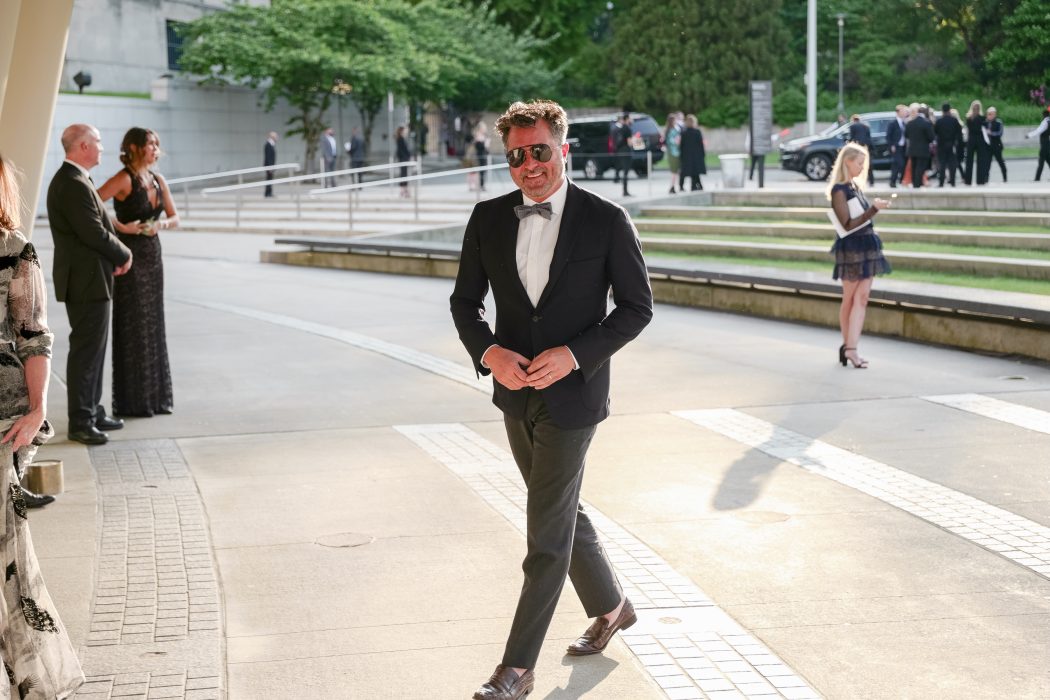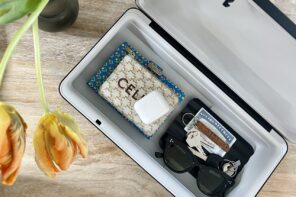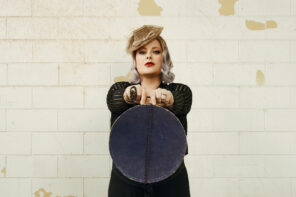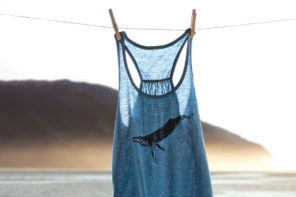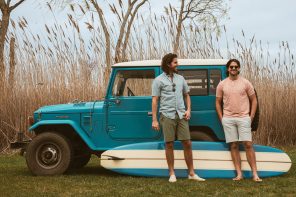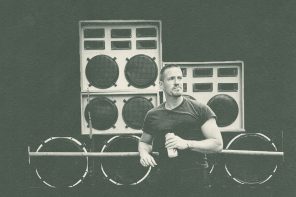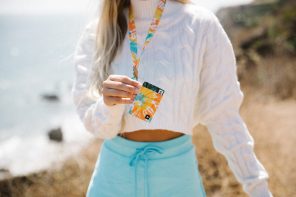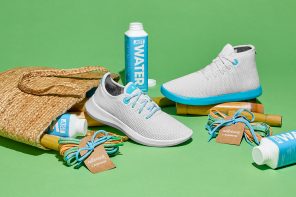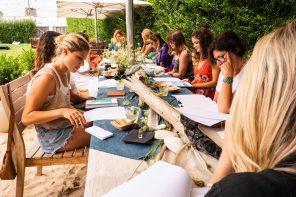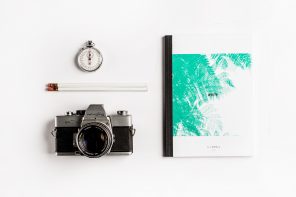AllSwell Creative founder Laura Rubin and Billy Reid, Fashion Designer, Shindig Founder and Southern Gentleman discuss the importance of community
At AllSwell we believe that your life (that thing you’re living right now) is a creative act. It can be as contrarian, adventurous and fulfilling as you choose. We recognize this can be a kind of daunting concept. Naturally, we’re curious about outliers, misfits and renegades—people who have crafted a unique experience that is a reflection of their passions and ideals. We’re talking with some of these rock stars, asking them nosy questions about their creative process, what fuels their various forms of self-expression.

Photo by Tera Wages
“Expression Session” is a term first coined in 1970 on the North Shore of Oahu at a surfing showcase event without judges, scores, winners or losers. Featuring a select group of the world’s best surfers, the Expression Session was presented as an alternative to the standard surf contest and it seemed like an appropriately anti-establishment name for this series of conversations with risk-takers.
Sometimes it’s the difficulties in life that end up being the biggest blessings. Chances are you won’t be aware of that while it’s happening. It’s a lot easier to connect the dots in retrospect rather than while you’re navigating churning waters. I don’t know if Billy Reid was aware of that dynamic when he shuttered his CFDA award-winning menswear label and left New York after 9/11 due to dismal economic conditions, but his story is the kind in which he took a lot of lemons and made some damn fine limoncello out of them.
The Southerner relocated his family to Florence, Alabama, revived his business and launched the locally based and wildly successful music-food-design festival called Shindig. He’s continued to win awards for his design chops while staying rooted in the town that gave us legendary recording studio Muscle Shoals, one of the shining jewels of American music. Read on to hear about Reid’s journey and his take on the importance of community …
Laura Rubin: Muscle Shoals is a very special place. Tell us about your ties to it and, in your eyes, what makes it so unique?
Billy Reid: My wife is from here and I fell in love with the area. We moved to the Shoals after 9/11. We were in NYC and decided to rebuild the business from here.
Aretha Franklin, Bob Dylan, The Rolling Stones, Duane Allman and countless others have recorded here. That creative energy is alive and well with a younger generation from the Shoals like Jason Isbell, Alabama Shakes, John Paul White and St. Paul & The Broken Bones all making great music and good things happen. If you’re not familiar with the local music history, I would highly recommend the documentary film “Muscle Shoals.”

LR: Agreed. That documentary happens to be the way I learned about the studio and its incredible history. Do you journal? When is the last time you put pen to paper?
BR: I make notes constantly. Mostly incoherent thoughts and sketches that I try to decode and remember. I don’t know if I’d call it a journal.
LR: Yup, that sounds like journaling to me. Music is obviously a huge passion of yours. What role does it play in your creative process?
BR: Music is constantly playing in the studio and we keep it eclectic. I try not to force it and keep an open mind to all music.
LR: What’s currently on your playlist?
BR: KCRW’s Eclectic 24

Photo by Tera Wages
LR: West Coast represent. Take us through the evolution of your annual Shindig. How did it become the cultural behemoth it is today?
BR: Shindig began as an idea to host editors and special guests to our area to entertain them—show them our collection, introduce them to the rich cultural significance of the shoals and pour on the hospitality. Our hope was that they would then tell others. It slowly built itself through incredible friendships, and 10 years later it’s become a weekend gathering with James Beard-award winning chefs and curated music lineups, art exhibitions, a runway show and special guests. It has become one of the lead marketing vehicles for our community.
LR: Experiential marketing at its best, because there’s just no substitute for the real thing. In this increasingly digital age, what are some of the other analog practices you regularly maintain?
BR: I like to sketch and make written notes. We create our artwork for the collections by hand first. It just feels more real.
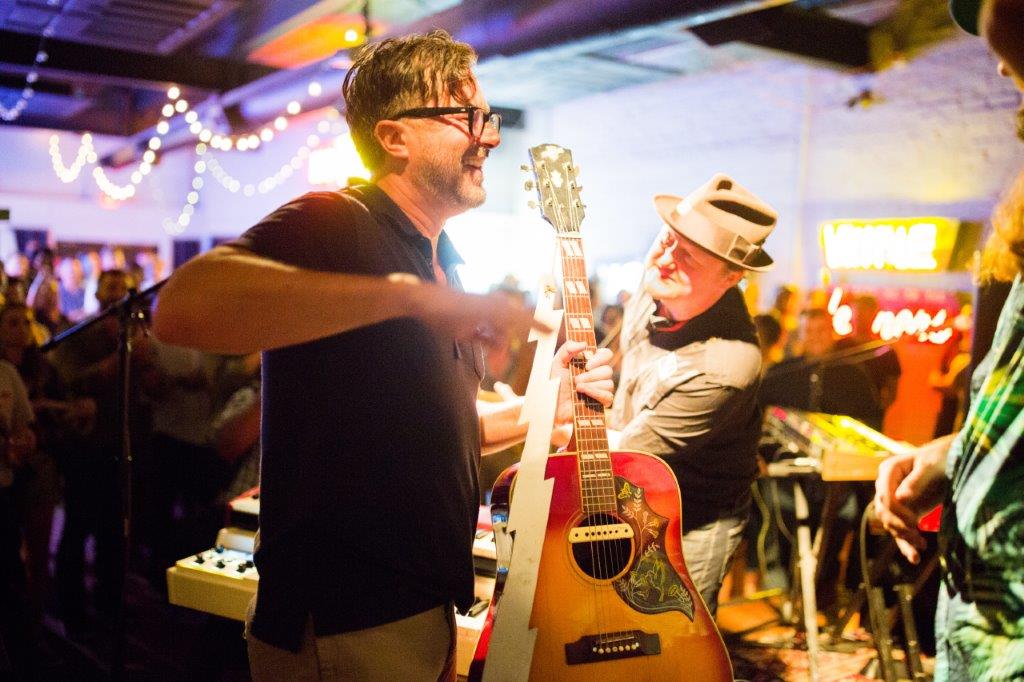
Photo by Tera Wages
LR: How has shifting your base to Alabama from NYC changed your life-work balance? What are the most tangible effects of the move on you personally and professionally?
BR: I enjoy having the convenience of a small town, I have gotten to attend most of my children’s school functions and activities. So, family balance is wonderful for us. Most of all, I feel at ease here. I still spend much of my time in NYC and traveling. The blending of all of these experiences and expressing them through my own lens feeds the energy of the collection.
LR: Speaking of a blend, what’s your standard morning routine? Walk us through it …
BR: Get up around 6-6:30. Exercise until 7:30. See Walton off to school and get to the office around 8ish. Try to focus uninterrupted on anything creative the first hour at the office. Then the day begins to take its ever-changing turns of questions, problem solving, execution and ideas.

Photo by Tera Wages
LR: What role does sustainability play in your business and day-to-day life?
BR: We use natural materials and we make clothes that aren’t disposable. We want them to be a part of your wardrobe for many years to come. We work closely with several family owned businesses and sustaining those relationships are important to us.
LR: The most rewarding moment in building your namesake brand?
BR: The community of friends we’ve built over the years.

